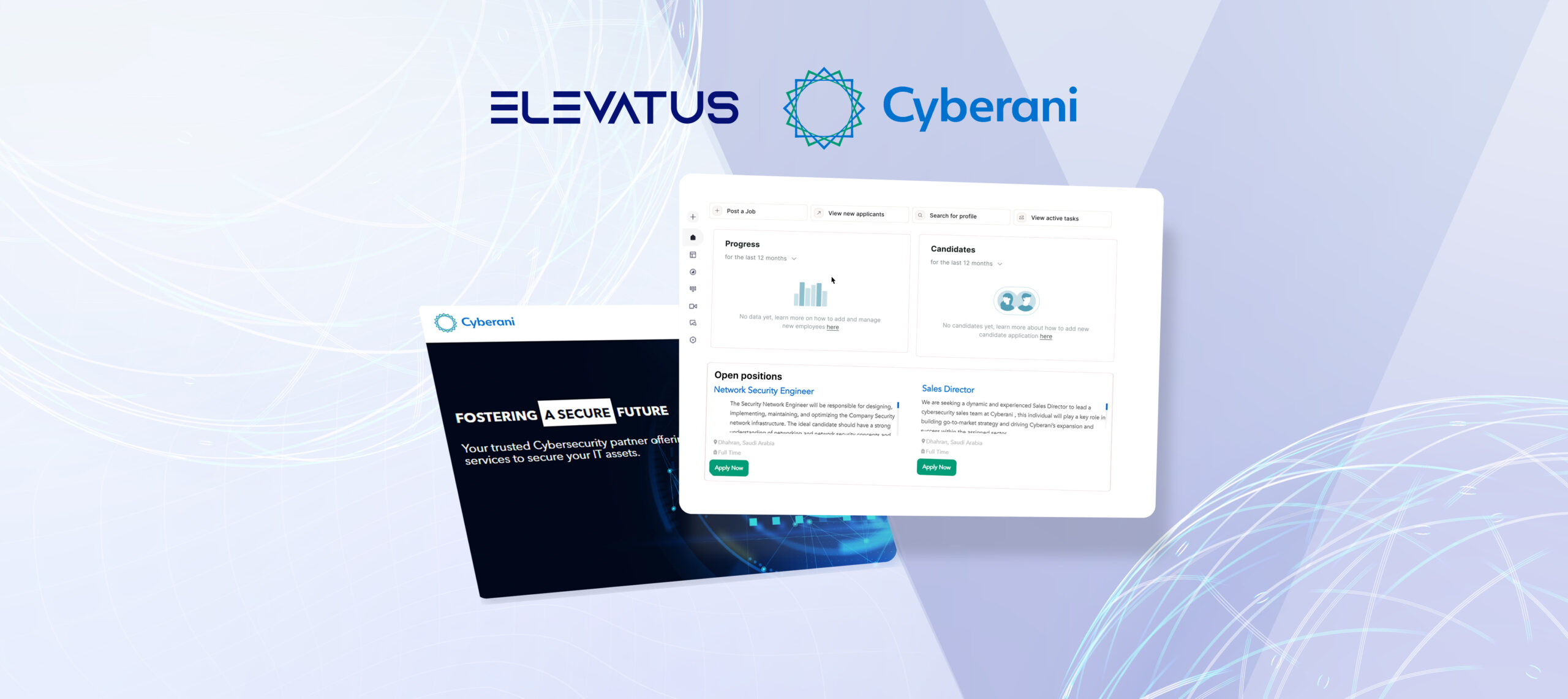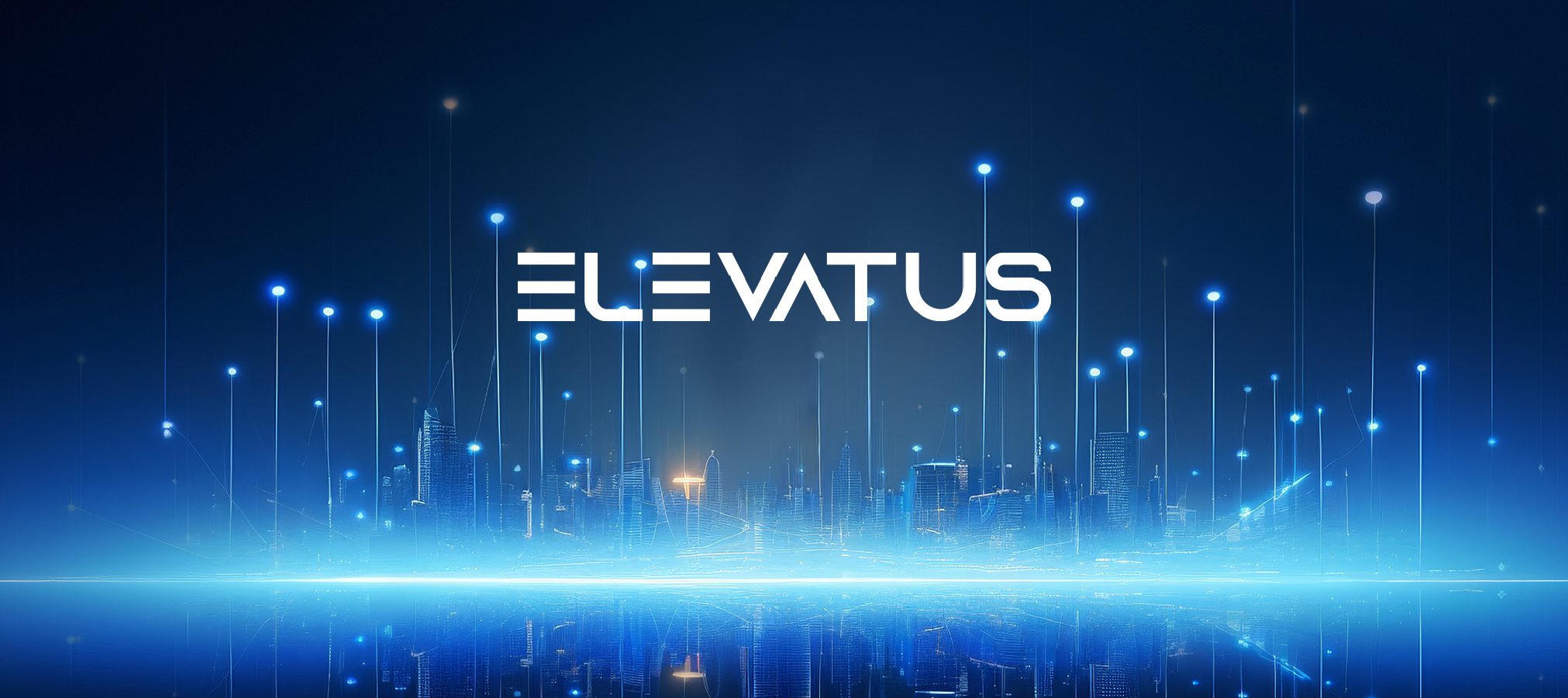
DEI meaning
February 22, 2024
Elevatus
Content Writer
DEI stands for Diversity, Equity, and Inclusion, embodying a comprehensive approach towards embracing differences, ensuring fair opportunities, and fostering a culture where everyone feels valued and included. It goes beyond D&I by emphasizing diversity, inclusion, and equity, ensuring equitable treatment and access to resources for all individuals, regardless of their background. This holistic perspective is crucial for building truly inclusive communities and workplaces.
Common DEI initiatives
DEI initiatives play a crucial role in shaping an inclusive, equitable, and diverse workplace. These strategies are designed to acknowledge and celebrate differences, create equal opportunities, and foster a sense of belonging among all employees. Here’s a list of common DEI initiatives:
- Recruitment and Hiring Practices: Implementing unbiased recruitment strategies to attract a diverse candidate pool, including outreach to minority-focused organizations and using blind hiring processes.
- Equity Audits: Conduct regular audits to identify and address systemic inequalities within the organization, ensuring fair treatment, opportunities, and compensation for all employees.
- Inclusive Leadership Training: Offering training for leaders and managers on inclusivity, unconscious bias, and cultural competency to foster an inclusive work environment.
- Accessibility Improvements: Ensuring workplace accessibility for individuals with disabilities, including physical adaptations and providing assistive technologies.
- Mentorship Programs: Creating mentorship opportunities that connect employees from underrepresented groups with senior leaders to support career development and growth.
- Flexible Working Arrangements: Offering flexible work schedules, remote work options, and understanding cultural and religious holidays to accommodate diverse lifestyles and needs.
- Inclusive Policies and Practices: Reviewing and revising company policies to ensure they support equity and inclusion, such as inclusive language in official documents.
- Diversity and Inclusion Training: Providing ongoing education for all employees on diversity, equity, and inclusion topics to raise awareness and promote understanding.
- Community Engagement: Partnering with local communities and organizations to support diversity and inclusion outside the workplace and give back to the community meaningfully.
The benefits of DEI for employees and the organization
DEI initiatives offer multifaceted benefits for both employees and organizations. For employees, DEI cultivates a sense of belonging and validation, where diverse perspectives are not only acknowledged but valued, leading to increased job satisfaction and mental well-being. This inclusive environment encourages individuals to fully express themselves, fostering innovation and creativity.
For organizations, embracing DEI translates into a broader talent pool, enhanced decision-making through diverse viewpoints, and greater employee engagement. Such workplaces are better positioned to understand and serve diverse customers, enhancing market competitiveness. Moreover, companies committed to DEI tend to have a more positive public image, attracting talent and customers alike, ultimately contributing to a healthier bottom line and a more harmonious workplace culture.
Embark on an HR journey, simplified and jargon-free! In a domain centered on developing talent, a clear understanding is key. Our extensive Glossary isn’t just a list of terms; it’s a deep dive into the essence of HR vocabulary.
Explore our dynamic recruiting definitions repository, constantly growing within the HR landscape. Uncover answers to queries like:
Turn top talent to employees fast
Hire, assess, onboard and manage top talent for every job. See how Elevatus streamlines everything; from acquire to new hire.
Request a demoAuthor
Elevatus
Don't miss a thing!
Stay one step ahead. Subscribe and get the latest updates, news, and insights from Elevatus straight to your inbox.





